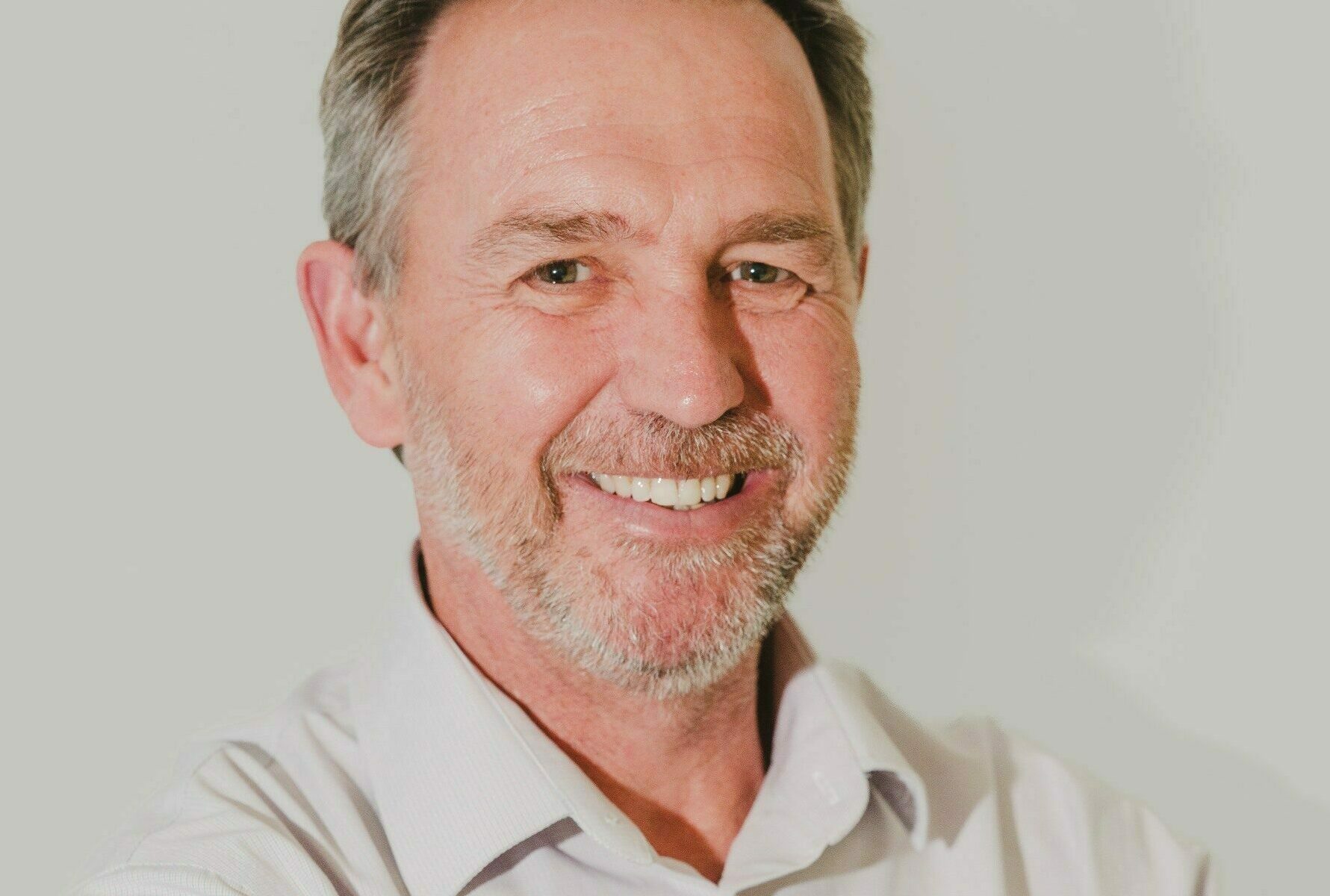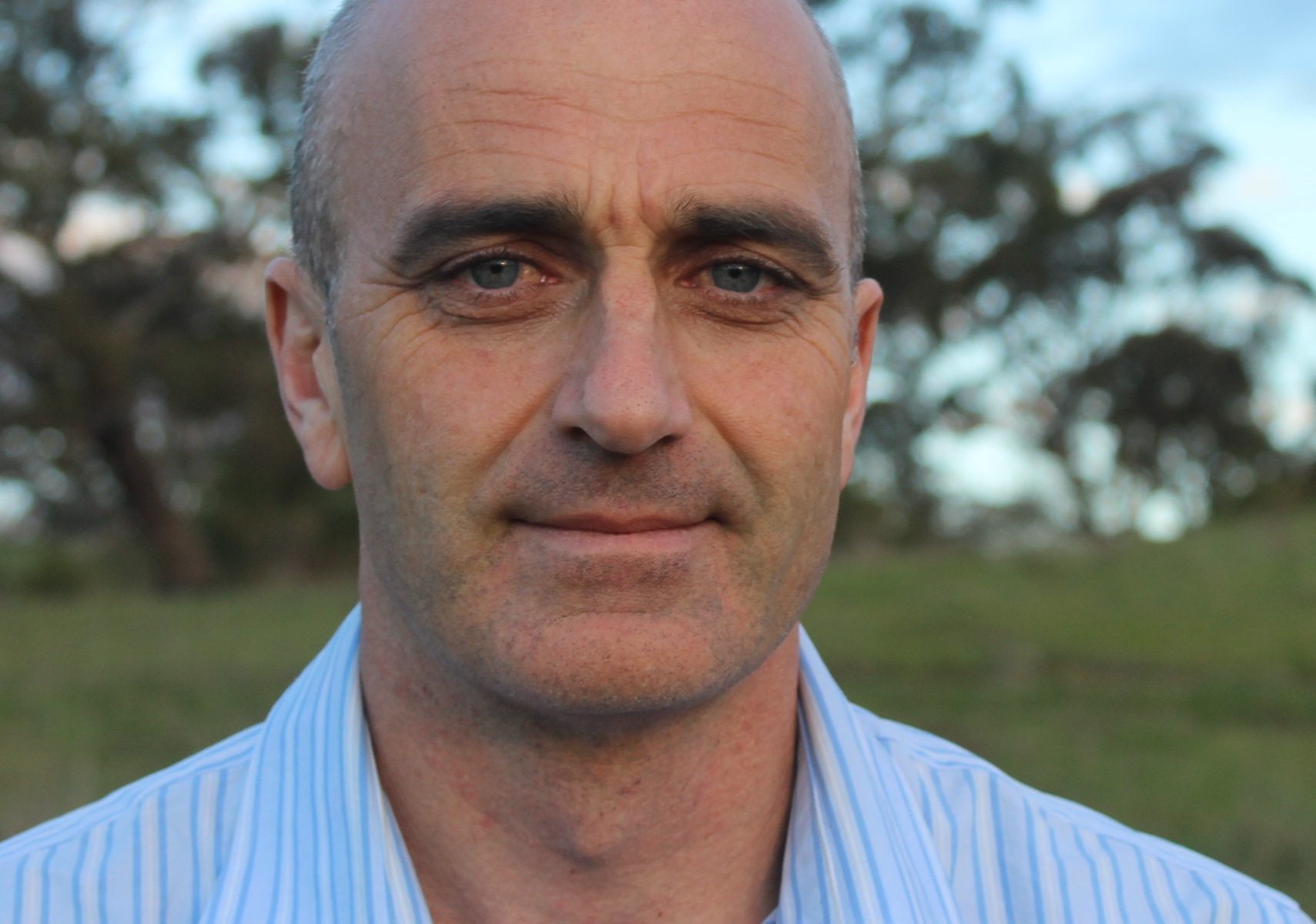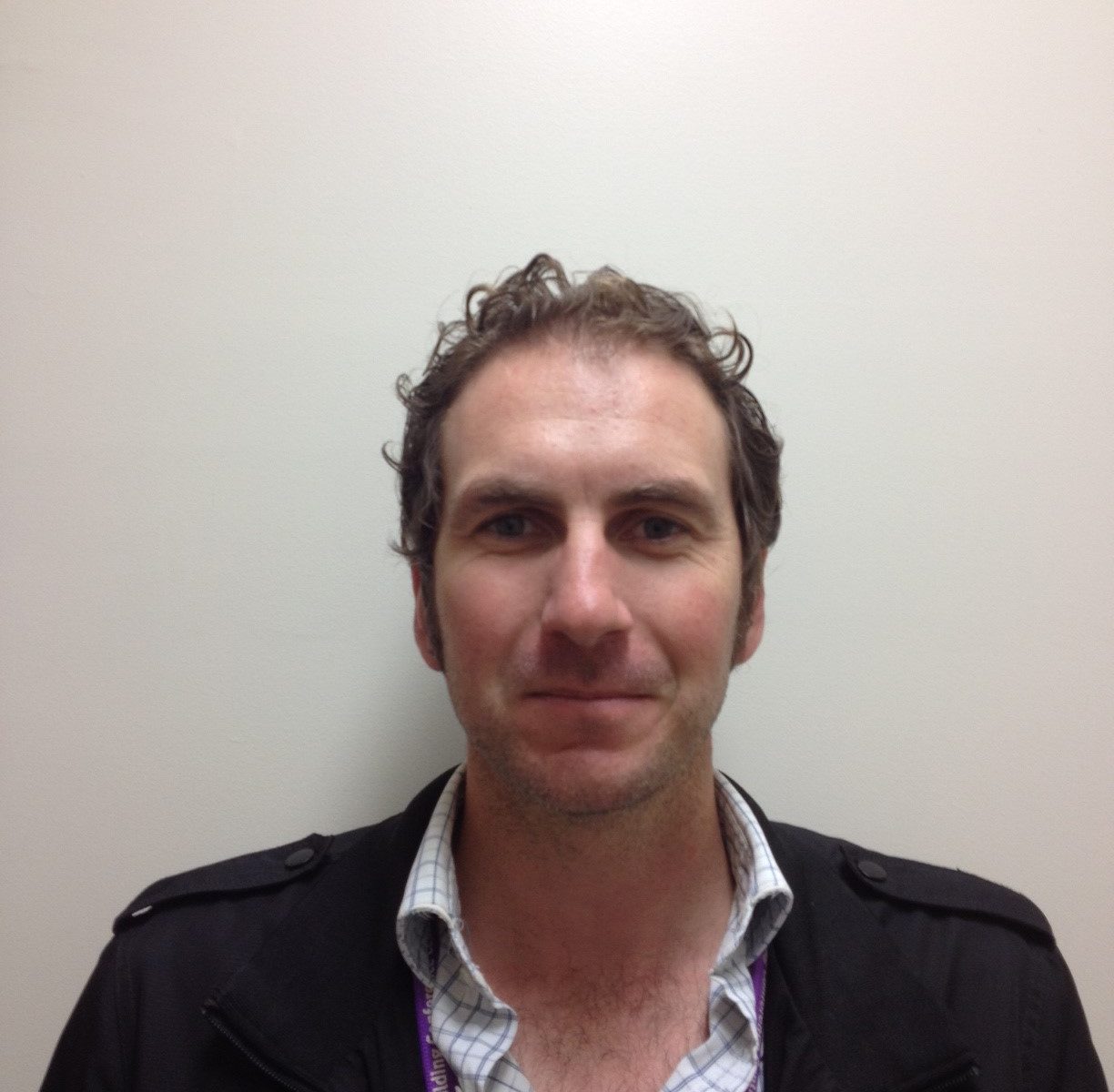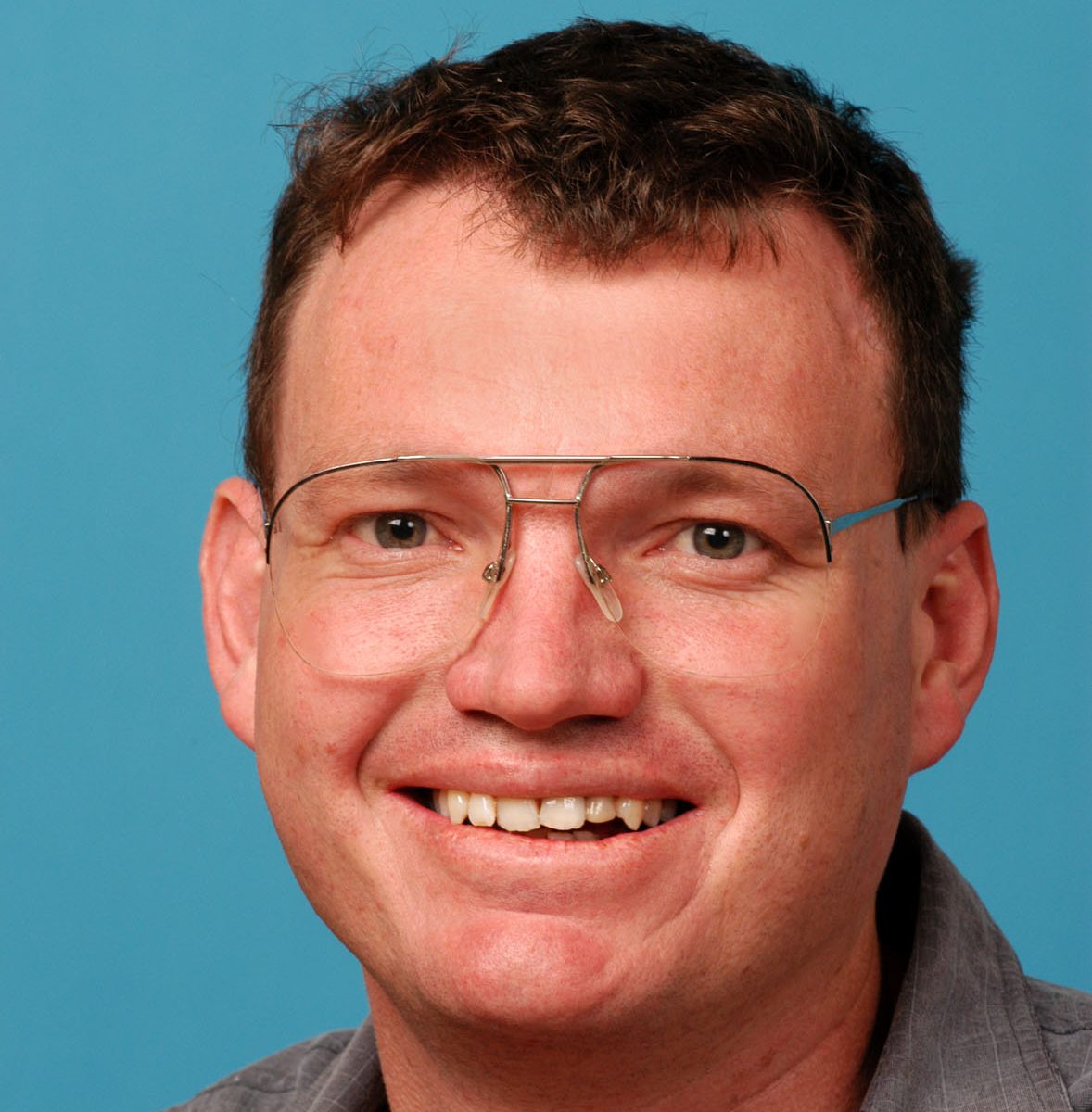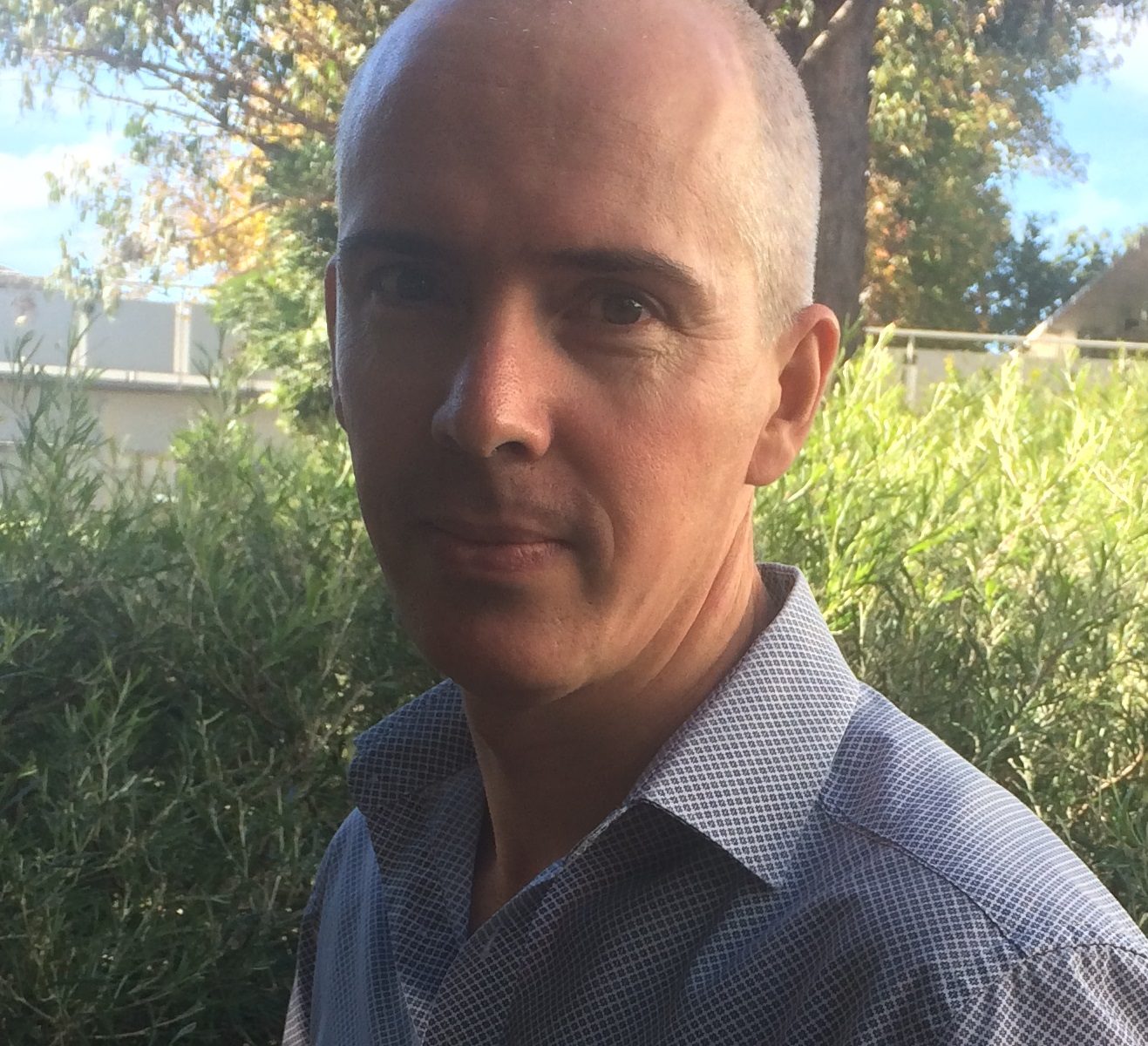Justin has extensive director, senior consulting and executive leadership experience in natural resource management, aquaculture and fish management, spanning the non-government and government sectors.
Based in Denmark, Western Australia, Justin works as an Executive and Governance Services Consultant providing specialist services to businesses within the natural resource management sector.
Justin is the Independent Chair of the Aquaculture Council of Western Australia, a member of Biosecurity Council of Western Australia, a member of the National Environmental Biosecurity Advisory Group, and the Co-convenor/Governance Group Member of the National Biosecurity General Surveillance Community of Practice.
Justin is a graduate of the Australian Institute of Company Directors, holds an Advanced Diploma of Leadership and Management from the Australian Institute of Management, and has Bachelor of Science with First Class Honours in Aquaculture from James Cook University.
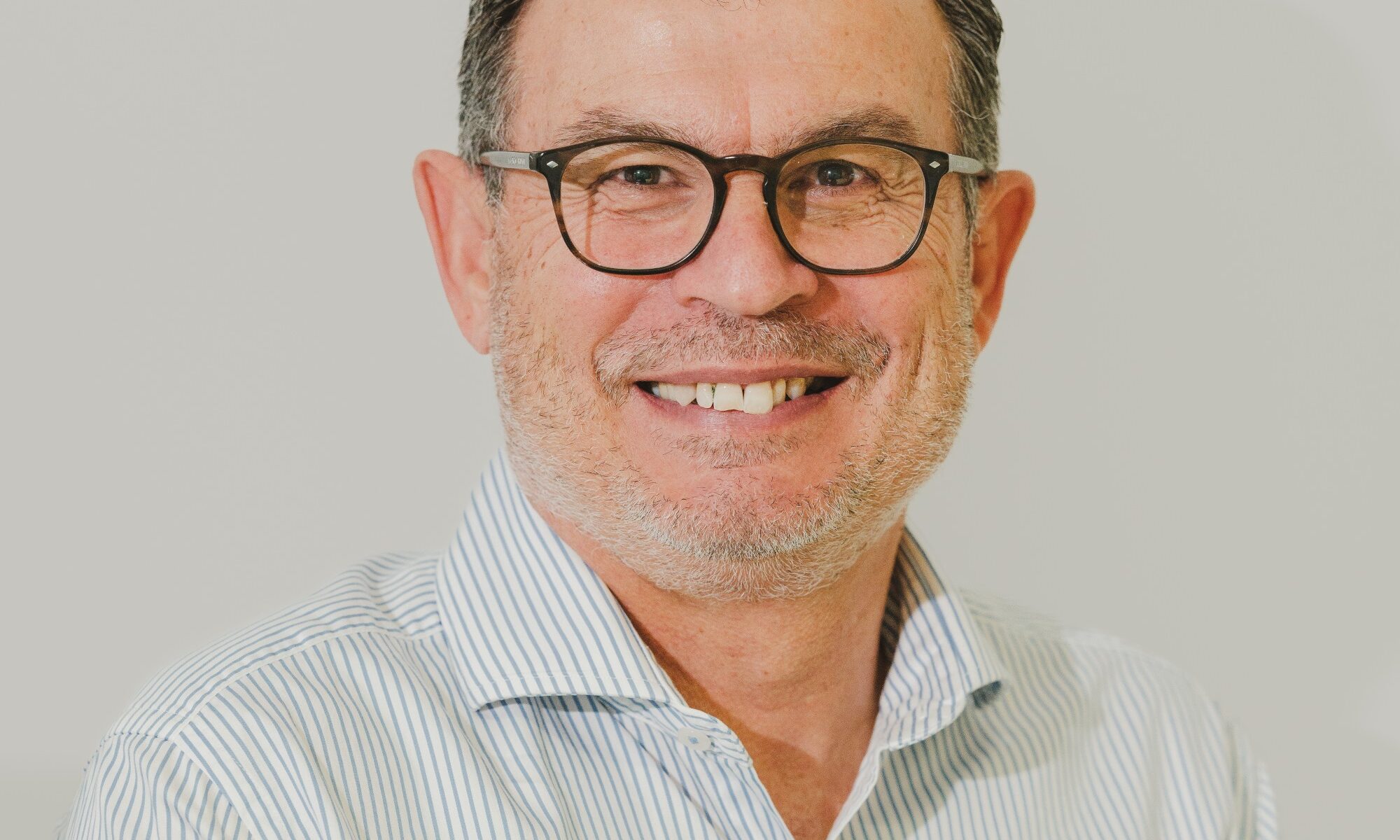
BSc.Agr (Hons 1), PhD (agriculture), MBA, GAICD
With over 30 years of experience in environmental and agricultural sustainability, Adrian is co-founder of GreenSmart, serves on the boards of multiple companies and was previously the Deputy Director General of Infrastructure, Investment and Business Excellence at NSW Department of Primary Industries. Adrian was also the CEO of Landcare NSW from 2018 to 2021.
Specialising in water quality, biodiversity, and agriculture, he advocates for proactive sustainability solutions that turn environmental risks into opportunities, driving organisations toward sustainable growth.
As a C-suite executive and an Institute of Company Directors’ certified director, Adrian has successfully led, built, and transformed organisations both domestically and internationally, with a focus on corporate sustainability and ESG issues.
Adrian has a proven track record of identifying and capitalising on emerging opportunities, driving results, and delivering outcomes, and fostering open and effective communication with stakeholders.
Adrian is a lifelong learner and an innovative thinker, who seeks to leverage environmental and social responsibilities as a competitive advantage in today’s world.

Roslyn is an experienced Board and Advisory Board member, CEO and entrepreneur, with lifelong success in founding and growing life sciences companies and who has a strong background in coaching executives and corporations.
As a big-picture thinker, strategist and enterprise builder, Roslyn brings decades of experience in angel, seed, venture and high-net-worth backed start-ups across the health sector – from women’s health to global and animal health – as well as translating and commercialising technologies such as therapeutics, diagnostics and devices.
A natural entrepreneur, Roslyn leads and inspires others and communicates her understanding of the funding and development pathways required to translate innovative technologies into products that deliver economic and societal impact.
Roslyn is a Member of the Australian Institute for Company Directors, the Managing Director of C-Suite Corporate Pty Ltd, Honorary Chair of the University of Queensland Founders’ Pledge and serves as Chair or Non-Executive Director on multiple local and international Boards. As a noted innovator in early disease detection, she has co-authored over 30 peer-reviewed papers or posters and is a highly regarded speaker the world over.
Dr Forsyth has over 20 years experience in wildlife management and research. Since gaining his PhD in New Zealand in 1997 Dave has conducted a variety of long-term projects in Australia and New Zealand, focusing on understanding how to manage the impacts of overabundant large herbivores. Prior to joining the NSW Department of Primary Industries in 2016, Dave led the Wildlife Management Program at the Victorian Government’s Arthur Rylah Institute for Environmental Research. There he supervised projects investigating the distributions, abundances and impacts of deer. Dave has been contracted to provide research and technical advice on vertebrate pests to a variety of state, national and international agencies.
Dr Matt Gentle (BAppSci, PhD) is a Senior Zoologist at the Pest Animal Research Centre, Biosecurity Qld, in Toowoomba, Queensland. Matt started his career at NSW DPI and subsequently completed his PhD on fox baiting practices on the central tablelands of New South Wales. Since 2004 his work has focused on investigating the ecology, impacts and management of pests including feral pigs, foxes, wild dogs and feral cats in Queensland.
Dianne is a wildlife geneticist, with 18yrs of research experience in the application of DNA technologies for biodiversity conservation outcomes in both New Zealand and Australia.
Her career focus has been facilitating the translation of fundamental research into outcomes for end-users. Previously at Landcare Research NZ, she developed a successful business unit, EcoGene, resulting in a national award for Women in Science Entrepreneurship.
Currently she leads a team at the Institute for Applied Ecology, University of Canberra, which is focused on the development of eDNA technologies for individual species detection and whole community analysis in freshwater systems.
Qualifications:
PhD, Australian National University;
BSc University of Auckland.
Peter Caley has a background in applying quantitative methods for addressing contemporary problems in the environmental sciences. This has included the development and application of statistical methods to generate quantitative inference where previously, qualitative assessments dominated. His current research areas include applying Bayesian Hierarchical methods for inferring population trends in mobile species, developing methods for monitoring small populations, and using citizen science for species surveillance.
Peter has key statistical skills needed for making inference from ecological monitoring data.
Qualifications
Phill is a leading global change biologist. He has published extensively (>200 papers) on the conservation, transport and trade in animal species. Phill leads a research intensive laboratory at the University of Adelaide.
He teaches extensively in ecological research and research methods, and is the coordinator for the University of Adelaide’s Bachelor of Science Advanced program. Phill has been awarded a large number of competitive international research project and training grants (totalling more than AU$6M).
Phill is an experienced scientific communicator and regularly engages with stakeholders, media, and scientific forums.
Malcolm has worked in the field of ecology for over twenty years. He undertook a Bachelor of Science (Hons) at Macquarie University and PhD in Natural and Rural Systems Management at the University of Queensland. He has been employed in a range of roles in universities and private and government conservation organisations, and worked across invasion ecology, predation and fire ecology. He is now employed as a Research Officer with Biosecurity Queensland. His current research includes a strong focus on wild dog management but also includes work on large feral herbivores, feral pigs and new incursions.
Malcolm is the Project Leader for the Queensland Cluster Fencing project.

A molecular virologist by training, Tanja’s research over the past 15 years has focused on mitigating the impacts of invasive vertebrate pest species in Australia, using both lethal and non-lethal, GM and non-GM methods, targeting a series of species from Red foxes to mice, cane toads and in particular rabbits. Her earlier work with CSIRO investigated the development of virally vectored immunocontraception vaccines for foxes and mice, for which she was awarded the Pest Animal Control CRC Chairman’s medal for scientific excellence in 2004 and 2008.
During the past ten years Tanja has driven a combination of applied and basic fundamental research projects focussing on improving our understanding of the diseases used for classical biological control of rabbits. She has built an international track record in the area of rabbit calicivirus biology, ecology, epidemiology, evolution and virulence, which is evidenced in a series of high quality publications and invitations to present at national and international conferences.
Tanja has a PhD in molecular virology from Philipps Universitaet Marburg, Germany





